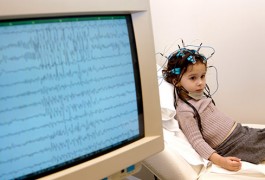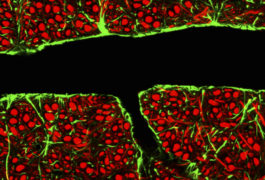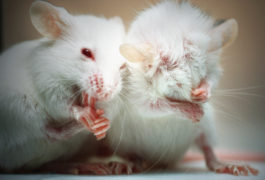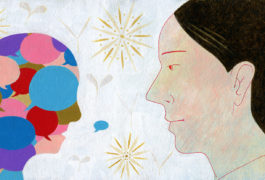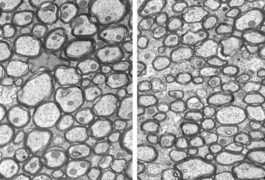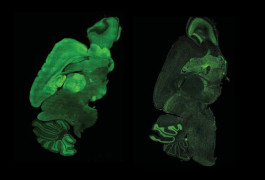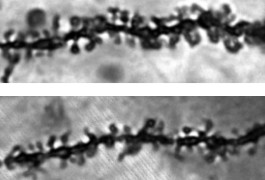Brain-wave patterns distinguish dup15q syndrome
Children with an extra copy of the 15q11-13 chromosomal region, the second most common genetic abnormality in people with autism, have unusually strong brain waves called beta oscillations. The preliminary findings, presented Friday at the Dup15q Alliance Scientific Meeting in Orlando, Florida, suggest that beta oscillations could distinguish children with dup15q syndrome from those with other forms of autism.
